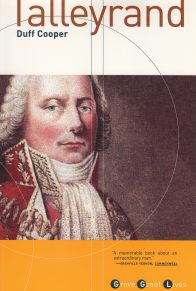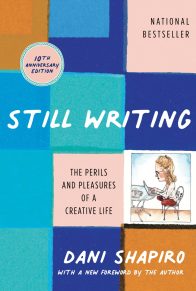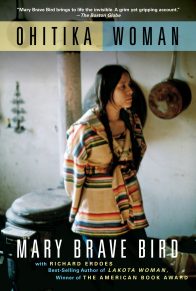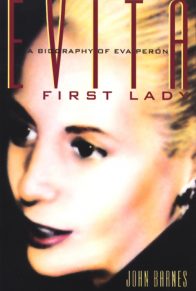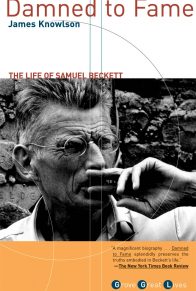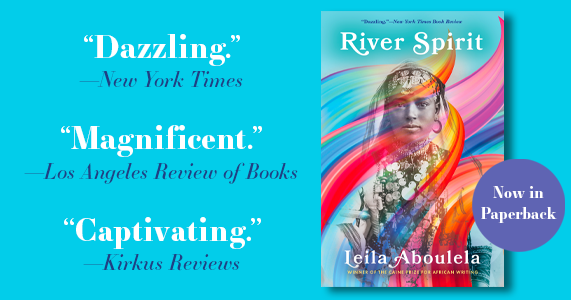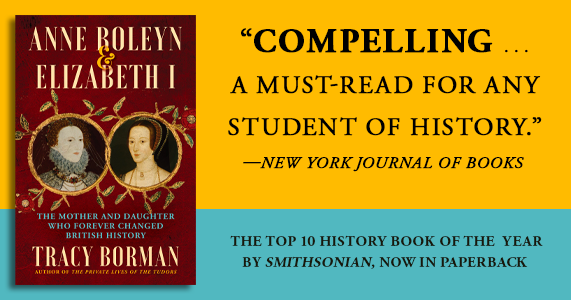I arrived in New York 10/1/98 carrying two bags of clothes and a banker’s box full of papers. Erin met me at Penn Station and led me through the crush of people and out to the street. We got in a cab and headed uptown. The cab cut through traffic going what felt like eighty miles an hour. Blocks blurred by. Neighborhoods changed. She lived in a sublet on the upper west side. We pulled off on a pretty street lined with trees and old brownstones. Inside I called my parents and told them I’d arrived safely. I cleaned myself up a bit and Erin took me to get dinner—two slices at Famous Original Ray’s.
Back at the apartment we watched TV. I’d barely slept on the train and faded quickly. We got into bed. For a moment I was on one side and Erin was on the other. Then we slid over into each other’s arms.
She ran a hand up my back and gripped the back of my neck.
—We’re gonna kiss now, she said.
The next day we met Craig at a diner in midtown for lunch. He and Erin caught up a bit. They talked about city life. After lunch we walked to Craig’s office, a minimalist space with bare concrete walls and desks out in the open on a bare concrete floor with a few offices to the side. Everyone wore street clothes and worked on Macs. They sat low in their seats staring blankly at big monitors, clicking at boxes and shapes on the screen. Craig started writing out directions to the place, explaining in a vague way as he went along.
—Walk away from where it looks like there’s nothing. Over here you’ll see some stuff, like civilization. Walk toward that.
I tried to follow what he was saying but grew confused. I admitted I was scared to take the subway alone. It was decided I’d come back after he got out of work and we’d go into Brooklyn together.
I returned that evening around six and stood on a corner in Times Square loaded down with my bags, clutching the banker’s box. Hundreds of people streamed past me. Their faces blurred. I started to feel dizzy. I was relieved to see Craig. He grabbed one of my bags and we went into the subway.
It was a railroad apartment in Greenpoint consisting of a large kitchen, a living room and a two open back rooms with no wall or even a sheet between them. The floors of the living room and middle room were covered with worn brown carpet and the floor in the back room was covered with old salmon-colored carpet and there was a pink sponged paint pattern on a jutting section of the wall. In the living room was a futon couch, a small blue chair and a large closet with plastic doors on runners. Inside the closet a TV sat on two Huber Bock beer boxes. Clothes hung around it. Paul had rigged an antennae and pinned it up with one of his old Kmart nametags. On the wall was an inflatable bullseye with velcro strips and three or four balls stuck to the velcro. On the floor under the bullseye was a plastic cactus in a plastic pot with fake scrub brush. The lower half of the kitchen walls were wood-paneled. Over the sink were copper-colored tiles with images of mushrooms stamped on them. Paul had made a counter from a piece of wood and a large cardboard box. He’d glued the wood to the top of the box and covered the whole thing with an old blue sheet. On the counter next to a coffee maker was a magazine photo of a croissant, steaming coffee, fruit and juice. The photo had been placed in a gold plastic frame. There was no sink in the tiny bathroom.
Craig slept in the middle room on a twin mattress on the floor. Also in the room were his stereo, some records, his desk and computer. Ten feet away on the floor under one of two windows was a full-size mattress. It belonged to Paul but he was away till November working a temp-labor gig at a nuclear power plant and so it was temporarily mine. I fell asleep fully clothed that first night under an open window, listening to cars hiss by on the street three floors below.Rent was nine hundred dollars split three ways. I cut Craig a check for October’s rent, which left me with roughly twelve hundred bucks. I figured this would carry me a while. I decided to get to know the city rather than look for a job right away. Every day I took the train to Manhattan and walked for hours. Often I’d stop and see Erin at work. She worked at a comedy club in the west twenties and sat at a desk in the basement, reading newspapers and smoking and answering the phone. The club was on its last legs and the phone didn’t ring much. We’d sit for a long time shooting the breeze. There was a New York Post editorial cartoon on the wall—a deranged Bill Clinton on St. Patrick’s Day saying Where is this Erin with no bra?
I’d tell her what I’d seen and done that day and Erin would recommend things to add to my list. I went to Harlem and Times Square and Central Park. I went to a taping of Ricki Lake. I went to an appearance by Jennifer Love Hewitt at an HMV store in midtown. I had a thing for JLH.
I went to the top of the Empire State building and looked out at the city. It was a clear day and I could see to the end of the island. This may have been the first time I saw the World Trade Center in person. I went down there a few days later. I stood on the plaza between the two towers and tilted my head and looked straight up. A feeling of vertigo came over me. I almost fell down.A similar sensation began to afflict me on my city walks generally—an odd dislocation, as if my head were a balloon floating twenty feet in the air, connected to my body by a thin string. This balloon head had camera eyes that would record the action and play it back to me. I seemed not to be experiencing events firsthand. This feeling could last an hour or more. I told Paul about it one night over the phone. He said he knew the feeling and described a few times it had happened to him.
We gave it a name: the Condition.





